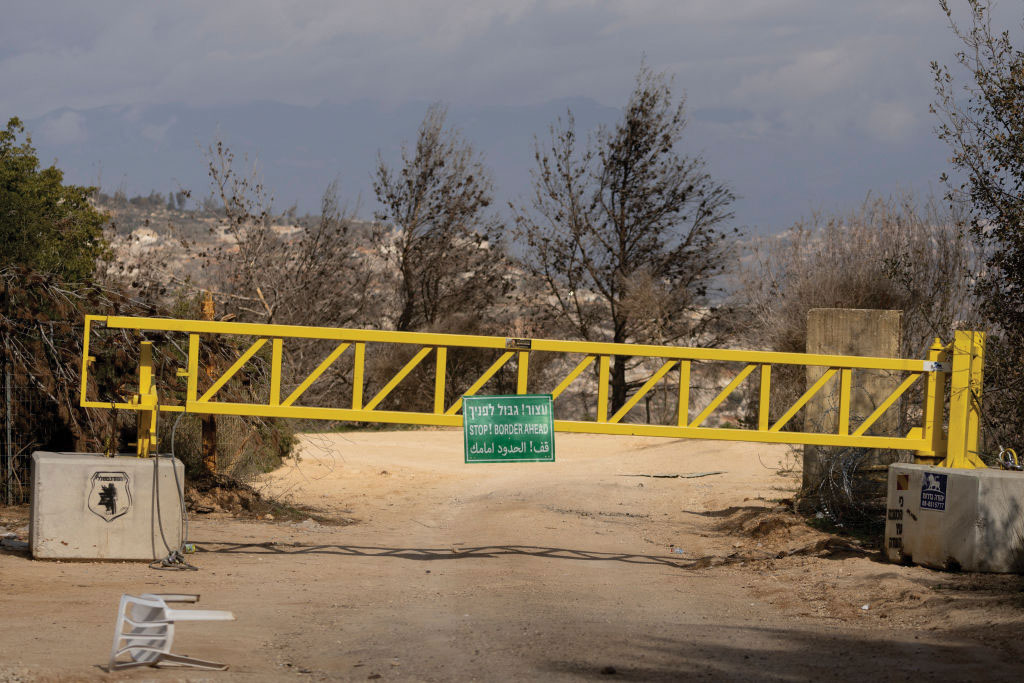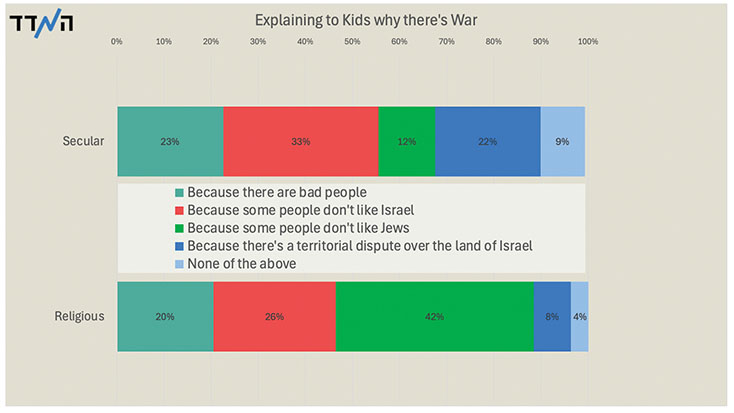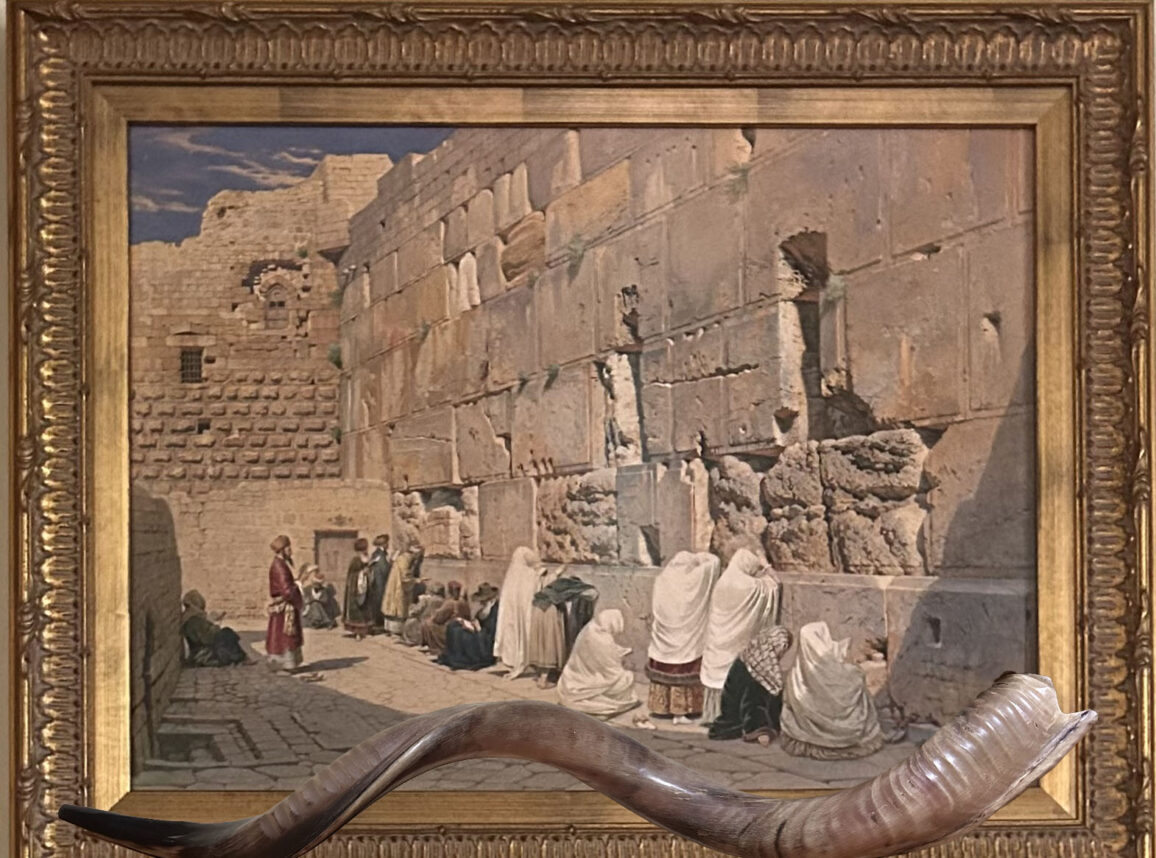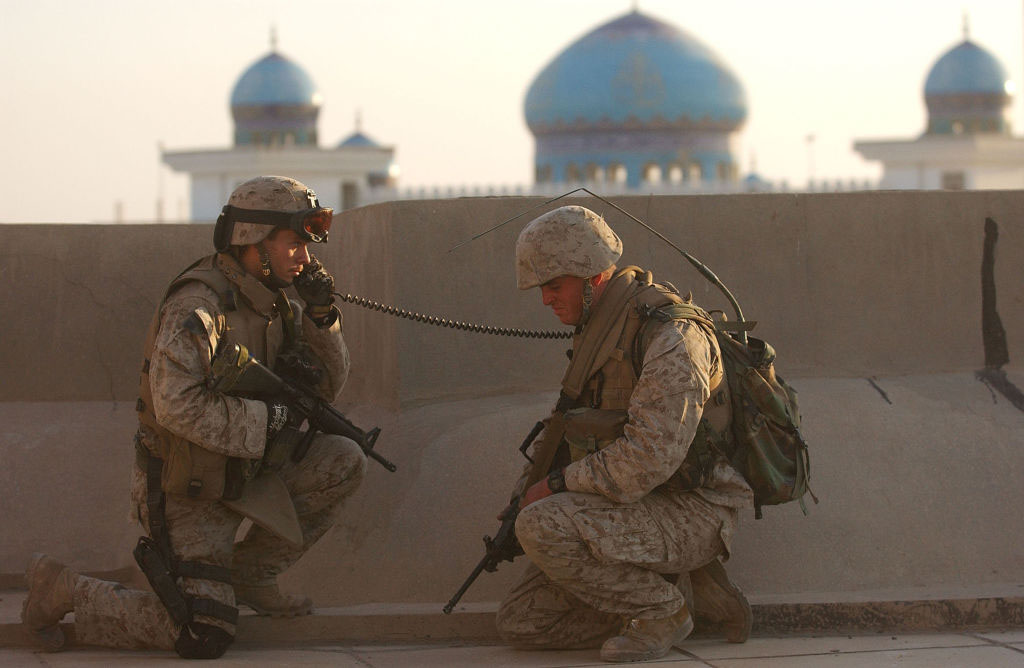
The news coming out of Lebanon this week is the news about all those things that did not happen. The war between Israel and Hezbollah did not start again; the Lebanese residents of southern Lebanon did not return to their homes; the forces of the IDF did not pull out of the territory; the international community did not pressure Israel to give up.
Most importantly, Israel stood its ground.
The ceasefire agreement in Lebanon includes criteria and set dates for meeting the criteria. Earlier this week, Israel was supposed to withdraw its forces from southern Lebanon, allowing for the return of Lebanese residents to their villages. It’s been clear for quite some time that the date set for withdrawal is unrealistic. Because alongside the date there is also the criteria of what needs to happen before the Israeli pullout. And no one believed that the Lebanese army taking over the territory in a way that would prevent a Hezbollah return to the border area was going to happen. Certainly not within the timetable set by the agreement.
So, the fact that the criteria weren’t met is hardly a surprise, or an occurrence of great significance. Had the situation on the ground been the opposite, it would have been significant, but that didn’t happen. The substantial fact is that Israel didn’t budge, didn’t flinch from the possibility of renewed violence, didn’t accept the routine of mediocre performance by the other side. The significant fact is that Israel signaled to itself and to the world that one lesson of Oct. 7 was internalized: no more turning a blind eye to breaches of agreements. No more ignoring the criteria because of fear of renewed violence.
The significant fact is that Israel signaled to itself and to the world that one lesson of October 7 was internalized: no more turning a blind eye to breaches of agreements. No more ignoring the criteria because of fear of renewed violence.
In fact, Israel didn’t only risk violence, it initiated violence. When Lebanese residents of the south attempted – encouraged by Hezbollah – an unruly return, the IDF used its weapons to prevent them from coming back. More than 20 Lebanese were killed. Threats were made. Some forces were put on high alert. Yet, Israel insisted that the deadline for pullout isn’t going to be met, unless the deadline for the criteria is met. Meaning: no pullout for now. No return of residents for now. No completion of the cease fire expected process for now. Israel and Lebanon agreed to an extension of the deadline for Israeli troops to withdraw from southern Lebanon until Feb. 18.
This means three more weeks of Israeli presence, and means three more weeks of Lebanese preparation for taking over the area. That could be enough time, if you believe that the Lebanese government – a revived group of leaders whose appointment is considered a victory of U.S. and Israel policies – and that the Lebanese army – small, weak, and has Hezbollah sympathizers and Hezbollah collaborators within its ranks – could ever meet the criteria (“ever”, that is, in the coming months or years). Not all Israelis believe that such a scenario is likely. And hence, not all Israelis believe that the new three-weeks-from-now deadline will be met. Could this mean trouble? Maybe. But this week Israel proved – and it will certainly have to prove again in due course – that the threat of immediate trouble no longer nudges it toward long term compromises.
In the background, Hezbollah is watching, Hamas is watching, Iran is watching. In the background, Israel’s northern residents are watching. Most of them, did not yet go back to their homes. Most of them will be reluctant to do such thing, if they see Israel flinches because of fear of trouble. Or if they see Israel that is willing to accept – yet again – a make-belief state of flimsy security.
This means that the test of seriousness Israel passed this week, is one of many to come. Another test will come with the next deadline, and another one will come when Israel finally pulls out – if and when it does. And another one when its intelligence identifies Hezbollah operatives attempting to rebuild Hezbollah infrastructure, as they surely will. And another one as Israel identifies an attempt by Iran to resupply Hezbollah, as it surely will. And another one when the U.S. hints that maybe this time a blind eye would be the advisable policy – as some administration — in the near or the far future — surely will. And another one when its high tourist season, and disruption would be most inconvenient. And another one in three or five years, when there’s a lazy, peaceful routine.
Thinking about these coming tests is exhausting as it is critical. Passing the early test was essential. Passing the later tests is going to be more difficult. And later tests in Lebanon are all but guaranteed.
Something I wrote in Hebrew
My recommendation: make Jewish Book Award winners available to most Jews.
The question of how many of the “National Jewish Book Awards” winners are also published in Hebrew and get attention in Israel, is interesting, because it can testify to the possibility of the two largest Jewish communities in the world having a meaningful cultural discourse between them. If Jews in America and Jews in Israel read the same books – of course, those of them who read – that has significance. There is a kind of shared intellectual and cultural platform in that. If Jews in America and Jews in Israel do not read the same books, not even when they are clearly “Jewish books,” that also has significance. It means that these Jews and these Jews maintain two parallel cultures that have difficulty meeting.
A week’s numbers
When Jewish Israelis talk to their children about the war, some emphasize the animosity toward Israel – and some the one toward Jews:

A reader’s response
Orly D. asks: “Shmuel, would Israelis support the [Trump] idea to relocate people from Gaza to Egypt or Jordan?” Answer: I assume they would. The question isn’t whether Israelis want that but whether it’s a realistic idea.
Shmuel Rosner is senior political editor. For more analysis of Israeli and international politics, visit Rosner’s Domain at jewishjournal.com/rosnersdomain.
































